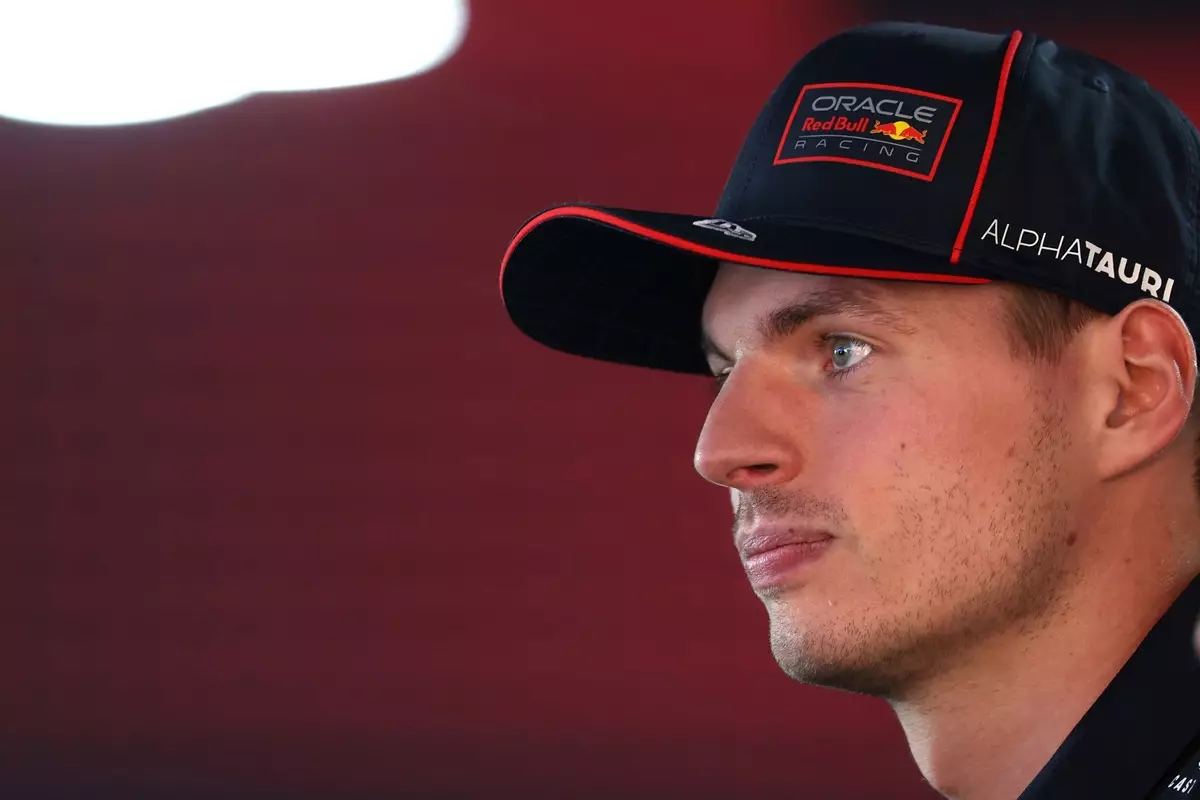In an ever-evolving Formula 1 landscape, the recent comments made by Max Verstappen regarding Red Bull Racing’s challenges in closing the performance gap to McLaren underline a significant concern within the team. The stark reality, showcased during the Miami Grand Prix where Verstappen finished a staggering 40 seconds behind race winner Oscar Piastri, is that Red Bull’s current upgrades may not yield the swift improvements fans and stakeholders eagerly anticipate. Despite starting the race from pole position, Verstappen’s retreat in race pace exemplifies the complexities of modern F1 racing where parameters such as aerodynamics, tire management, and strategic innovations define a successful performance.
Understanding Upgrades: Incremental vs. Radical Change
F1 teams often find themselves in a race not just against their competitors, but also against the clock in terms of technical advancements. With Red Bull set to introduce a new floor design on Verstappen’s car, alongside similar updates for Yuki Tsunoda at the upcoming Imola race, expectations rest heavily on these enhancements. Yet, Verstappen’s admission that he anticipates only a “little bit” of performance improvement raises questions regarding the efficacy of these upgrades. Each modernization is essential, but when competing against a team like McLaren, it seemingly falls short of producing radical change. This sentiment reveals a broader narrative in F1 where teams grapple continuously with the limitations of incremental upgrades.
The Widening Gap: McLaren’s Dominance
McLaren’s impressive form has been a revelation, putting them visibly ahead in terms of race pace. The term “depressing,” used by team advisor Helmut Marko to describe Red Bull’s performance in Miami, reflects a deep-seated concern and potential frustration within the team. Observers have noted how McLaren’s ability to manage tire wear, especially in high degradation scenarios, sets them apart from their rivals. This efficiency has proven critical in fostering their competitive edge, making it increasingly vital for Red Bull to decipher and replicate this performance aspect.
Technical Challenges Ahead
Red Bull’s future races hinge on understanding the intricate factors influencing tire management and overall performance. With new technical directives regarding flexing front wings coming into effect for the Spanish Grand Prix, teams, including Red Bull, must adapt to maintain competitive viability. However, Verstappen remains skeptical about the true impact these changes will have, insinuating that the day-to-day challenges will persist despite regulatory adjustments. His insight succinctly captures the often-overlooked reality: effective racing is less about catching up overnight and more about continuous evolution and adaptation.
The Uncertainty of Development
One of the most daunting aspects of racing in the modern era is the unpredictability of development timelines and performance gains. Each track presents its unique challenges, and as Verstappen candidly pointed out, performance improvements can vary greatly by circuit. This variability complicates the pre-race analyses and strategic preparations teams undertake. The ongoing puzzle of understanding McLaren’s tire management capabilities leaves Red Bull in a position of uncertainty. As anyone in the racing world would acknowledge, replicating a competitor’s success involves not just enhancing one’s vehicle but also developing the strategic acumen to optimize performance across varied conditions.
The Path Forward: A Call for Patience
In this high-stakes sport, patience may be the most underrated asset. Formula 1 is notorious for its rapid pace, yet the quest for competitive balance often requires a long-term vision. Red Bull’s acknowledgment of their challenges is the first step toward evolution. Their developments might initially be small, but they are foundational steps towards reclaiming their top-tier standing. As they prepare to scrutinize the dynamics of performance ahead of future races, one must wonder: will consistent effort and an adaptive mindset be enough to turn the tides against McLaren’s momentum? The answer remains obscured by the unpredictable nature of F1, but one thing is certain—Red Bull’s journey is far from over.


Leave a Reply